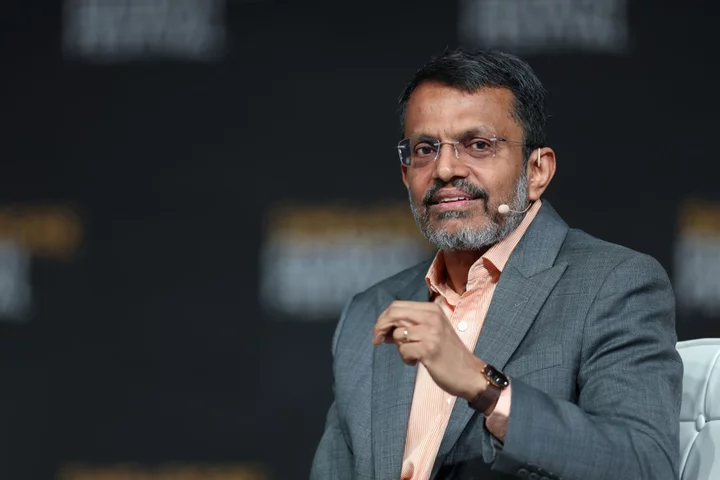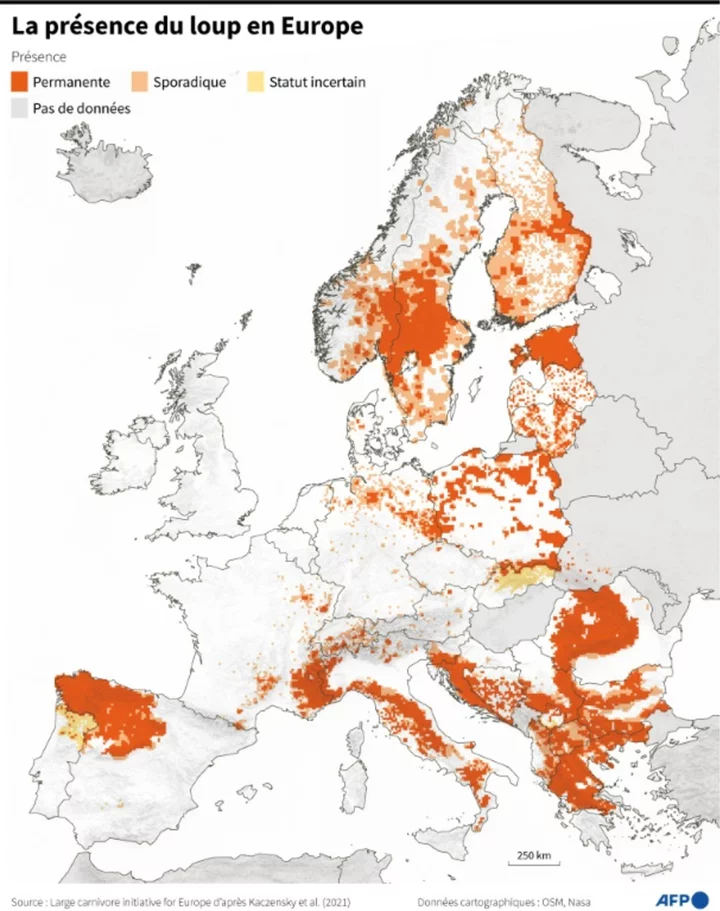Private cryptocurrencies that failed the fundamental tests of financial services will eventually exit the monetary scene, according to Singapore’s central bank chief.
That will leave a future monetary system made up of three key components — central bank digital currencies, tokenized bank liabilities and “well-regulated” stablecoins, Monetary Authority of Singapore’s Managing Director Ravi Menon said in Hong Kong on Tuesday.
Private digital coins “have miserably failed the test of money because they can’t keep value,” Menon said at a panel discussion on the Future of Monetary System as part of the Hong Kong Monetary Authority-Bank for International Settlements event. “Nobody keeps their life savings in these things. People buy and sell these things to make a quick buck.”
“Private cryptocurrencies which are native digital tokens don’t meet that test, so I think that they will eventually leave the scene,” he said.
A top Indian central banker said he sees central bank digital currencies enjoying greater success if it meets unmet user needs, and is implemented using accessible existing technology and infrastructure.
“Cybersecurity and resilience also critical issue for CBDC be more trusted,” M. Rajeshwar Rao, a deputy governor at the Reserve Bank of India, said at the same panel. Offline transactions also need to be facilitated, and “we are working on how that can be done,” he said.
The RBI is among a handful of central banks that has launched a CBDC on a pilot basis, and Rao sees the scope for the central bank digital currency to be used for interbank money market transactions.
So far CBDCs are on a bilateral basis, and going forward there’s need for greater thought on how to implement it on a multilateral basis, Rao said.









